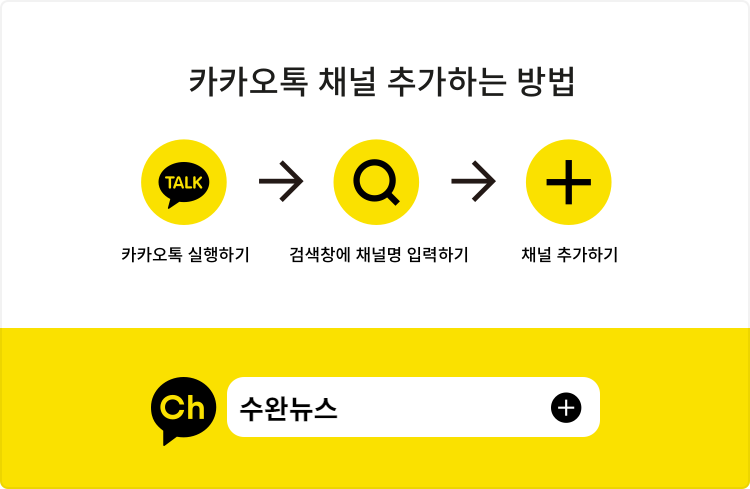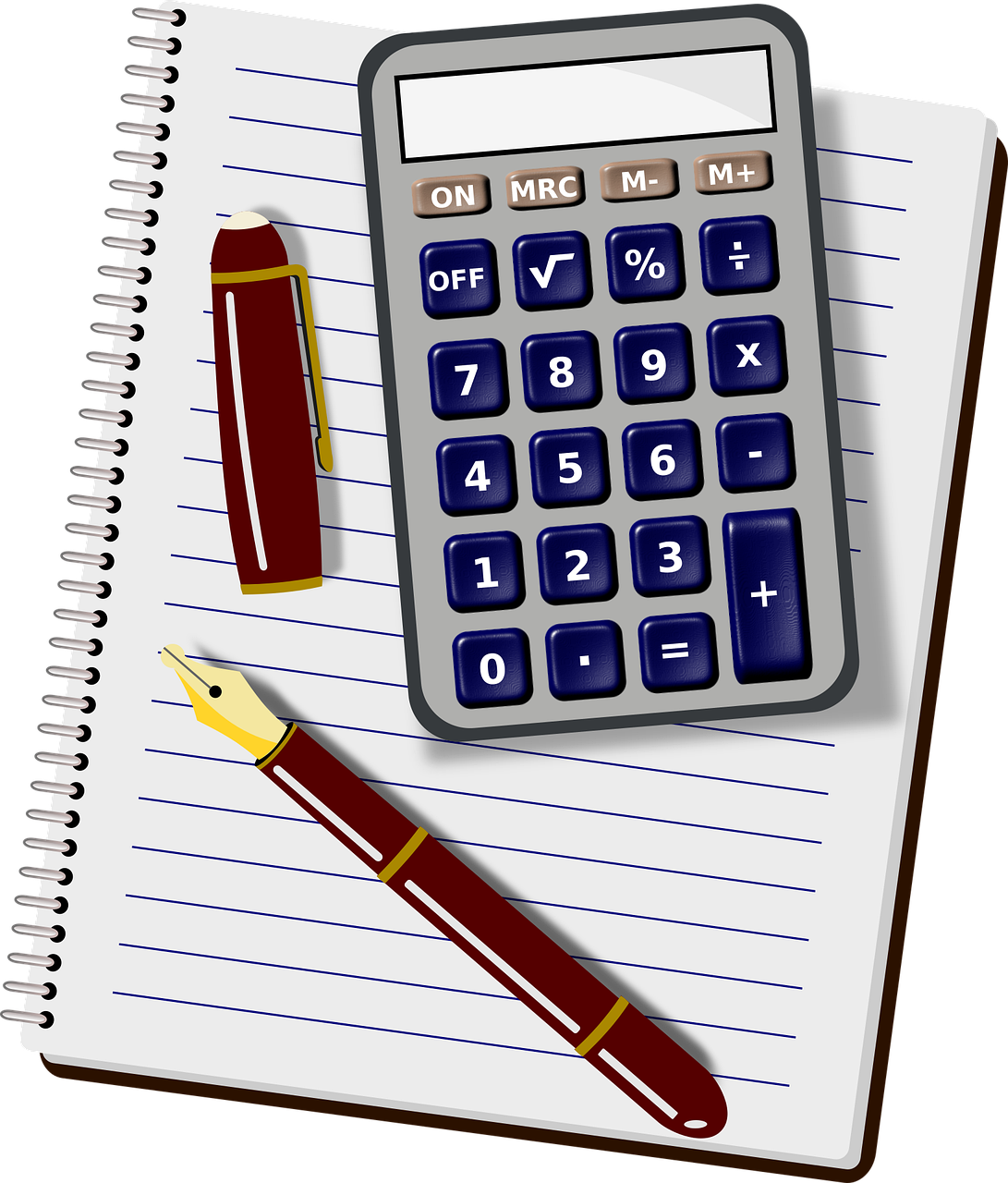‘Cain Kim Byung-ro,’ ‘Aesan Yiin,’ and ‘Positive Heo Heon’ are referred to as ‘the three anti-Japanese lawyers’ by later generations. Kim Byung-ro, the first chief justice of the Supreme Court, Kim Hong-seop, the former president of the Seoul High Court, and Choi Max-kyo, the former chief prosecutor of Seoul, are referred to as the “Three Lawyers”. In each case, the words representing the three people have one person in common.
Kim Byung-ro, who served in the military and as a lawyer during the Japanese occupation, defended independence activists, and served as the chief justice of the U.S. military government’s transitional government after liberation and as the first chief justice of the Supreme Court after the establishment of the government. He is credited with laying the foundation of the judiciary, and after the establishment of the government, he devoted his life to the independence of the judiciary. Despite frequent clashes with the president, who has the power to appoint the chief justice, he encouraged judges to maintain judicial independence, even in his retirement speech as chief justice.
Recently, the Japanese edition of Kim Byung-ro’s biography was published at Meiji University in Japan. At the event, Kim Jong-in, grandson of Kim Byung-ro, Chairman of the Emergency Committee for the National Power of Korea, criticized the current judiciary, saying, “If my grandfather could see Korea from heaven, he would lament that the tradition of judicial independence that he established is being shaken.” While there have been several “judicial waves” in the nearly 60 years since the death of the first Chief Justice Kim Byung-ro, there have been many who have tried to carry on his will, but the reality is that the judiciary’s judgment has often been swayed by the will of the executive branch.
The same is the case with the criticism of current Supreme Court Chief Justice Kim Myung-soo. ‘A politician in a robe,’ is the epithet used against him by Kim Jong-in, the former chairman of the National Power Emergency Committee.
This is an inevitable part of the “organization of the judiciary,” with presidential appointments and legislative consent, but I argue that the independence of the judiciary can be preserved by the constitutionally protected status of judges if the judiciary is willing.However, some jurists do not, but their faces are all over the current political scene. I want to understand them. Unless “AI” replaces the entire judiciary, cases like this will continue to repeat themselves like the wheel of history. Their choices and will cannot be legally regulated and their positions are guaranteed by the Constitution, but the reality of history is that history will repeat itself, heartbreakingly.
However, I think society should give them the opportunity to strengthen their resolve and show the members of the judiciary that the theory of the separation of powers is not just a theory. Of the heads of the executive, legislative, and judicial branches, only the head of the judiciary is appointed by the other branches.The other branches are guaranteed tenure and have personnel power over members of the judiciary, unless there are special circumstances. There is a lot of criticism from both inside and outside the judiciary that this is too much power. This writer speculates that the reason for the criticism within the judiciary is that it is a unilateral power. The impeachment of the Chief Justice is subject to impeachment by the legislature and the outcome of the Constitutional Court. In the case of ordinary judges, disciplinary cases are handled within the judiciary, but impeachment relies on the Constitutional Court. However, it is safe to say that the Chief Justice exercises most of the personnel power in the judiciary.
This leads me to speculate that the inability to appoint the head of the judiciary from within the judiciary generates internal criticism of the chief justice’s personnel power. This may be a wild guess, or it may be overly speculative. However, while this may be speculation, the dependence on other ministries for the appointment of the Chief Justice and the excessive personnel power of the Chief Justice clearly undermine the independence of the judiciary.Independence from the outside is unity and balance from the inside. Under the Constitution, judges have equal status. The Chief Justice is only one judge. Allowing the Chief Justice to make the decision on the appointment of the Chief Justice from within the judiciary, such as exercising the personnel power over the entire judiciary, is a means to ensure the independence of the judiciary from the outside and to defend against the excessive dominance of the Chief Justice from within, where the independence of each individual judge’s judgment and the position of the Chief Justice are the only things that distinguish them from ordinary judges.
The judiciary enforces the law and is the “last bastion of democracy”. Just as a president is not impeached for political reasons but is impeached when he or she is held legally accountable, the judiciary does not make decisions based on political considerations but on legal considerations and judgment. The independence of the judiciary is an essential element of democracy and an absolute concept that a country must have, not something that needs to be accepted by the political sphere so that the judiciary can make solely legal decisions.
Why is it that there are pronouns such as ‘anti-Japanese lawyers’ and ‘lawyers’, and to admire them is to be ‘vicariously satisfied’ by not being able to defend the concept of the natural. They are the ones who took the obvious for granted. Society has an obligation to ensure that our judges can take the obvious for granted.
Moon Jeong Ho




![[인터뷰] 심리 상담사가 직접 말하는 심리 상담사의 하루](https://en.swn.kr/wp-content/uploads/sites/24/2015/07/KakaoTalk_20141219_092335502.jpg)


